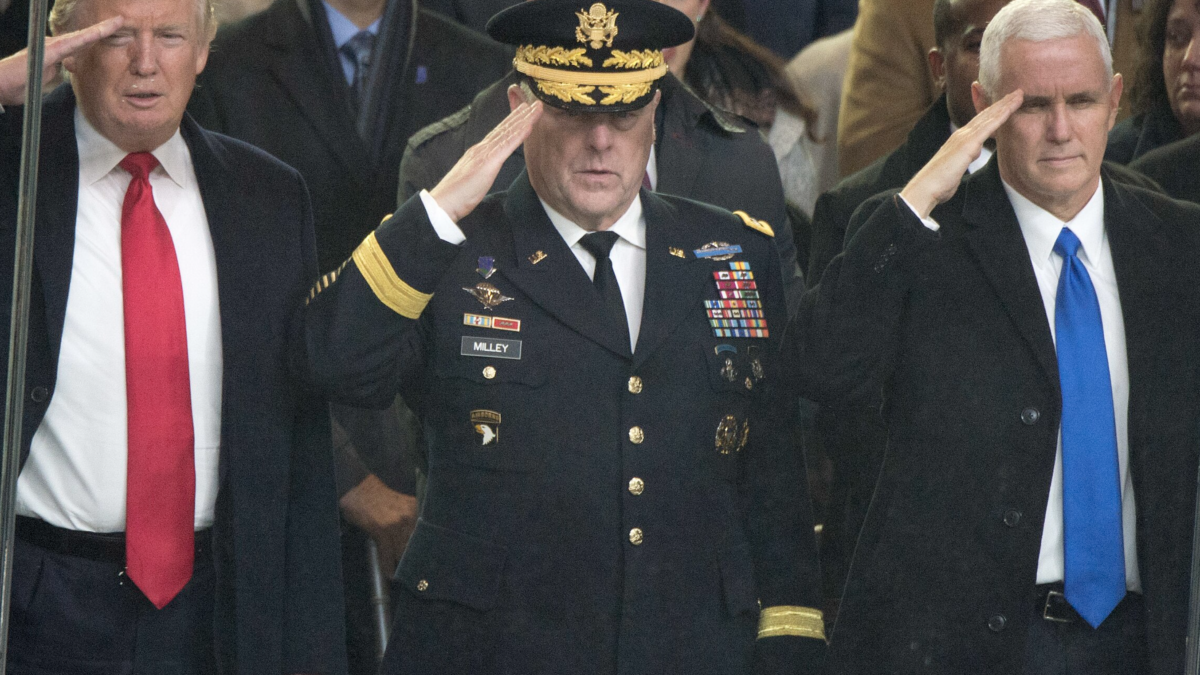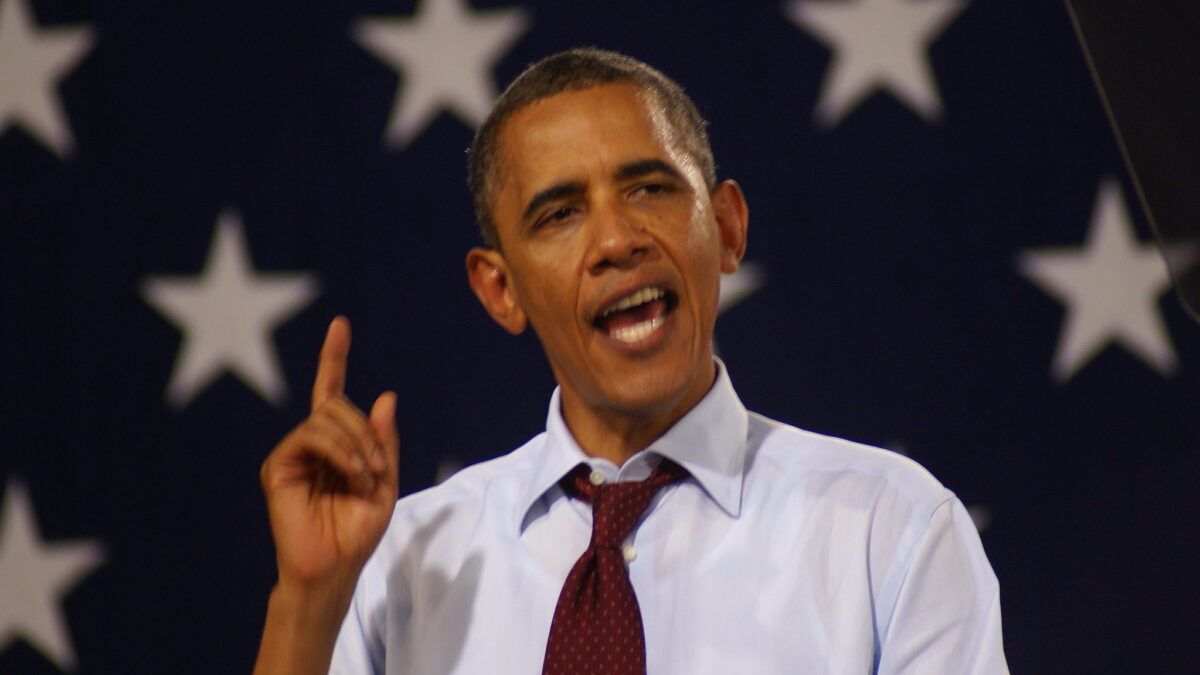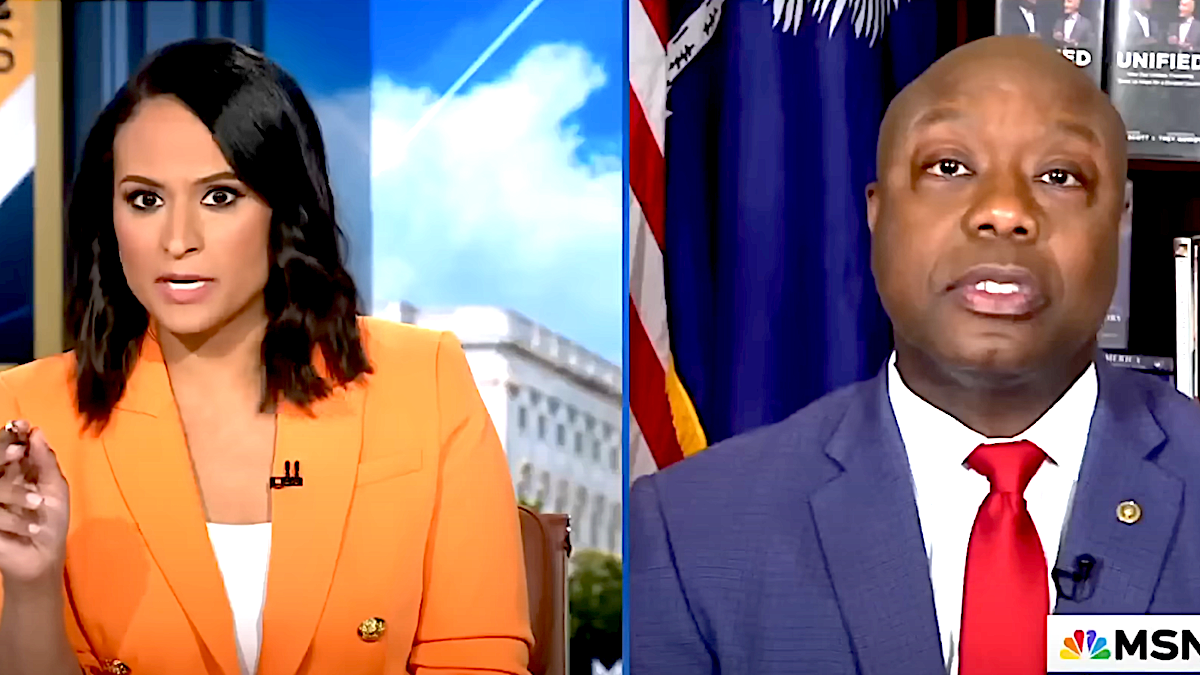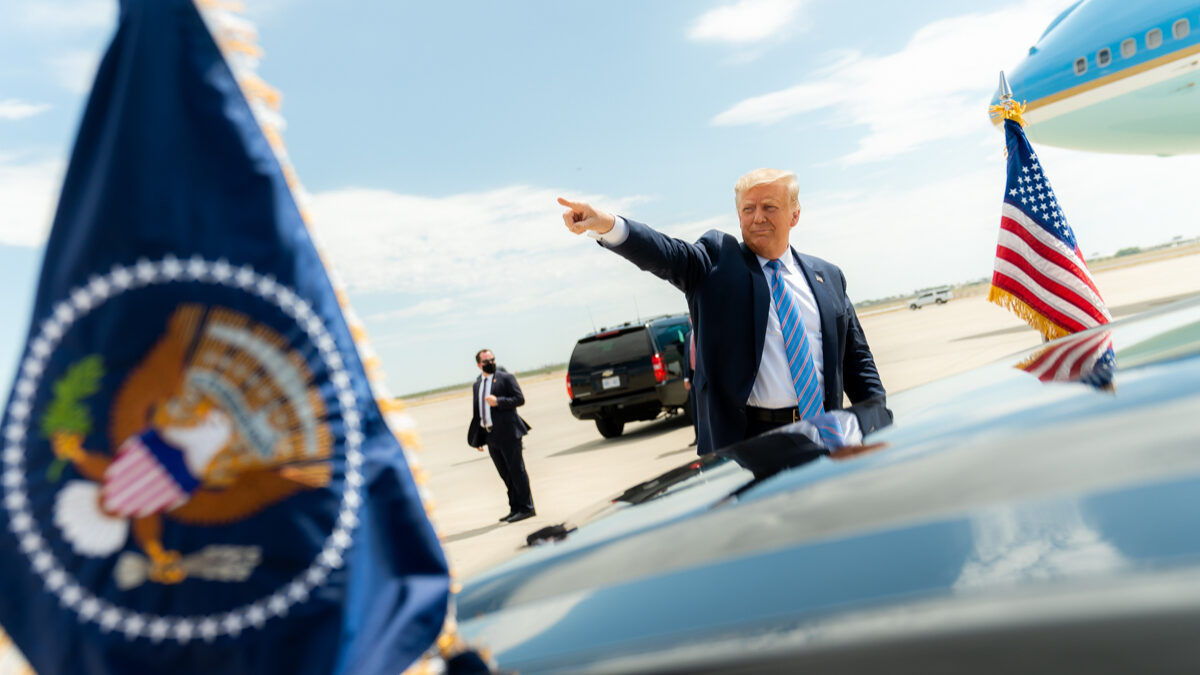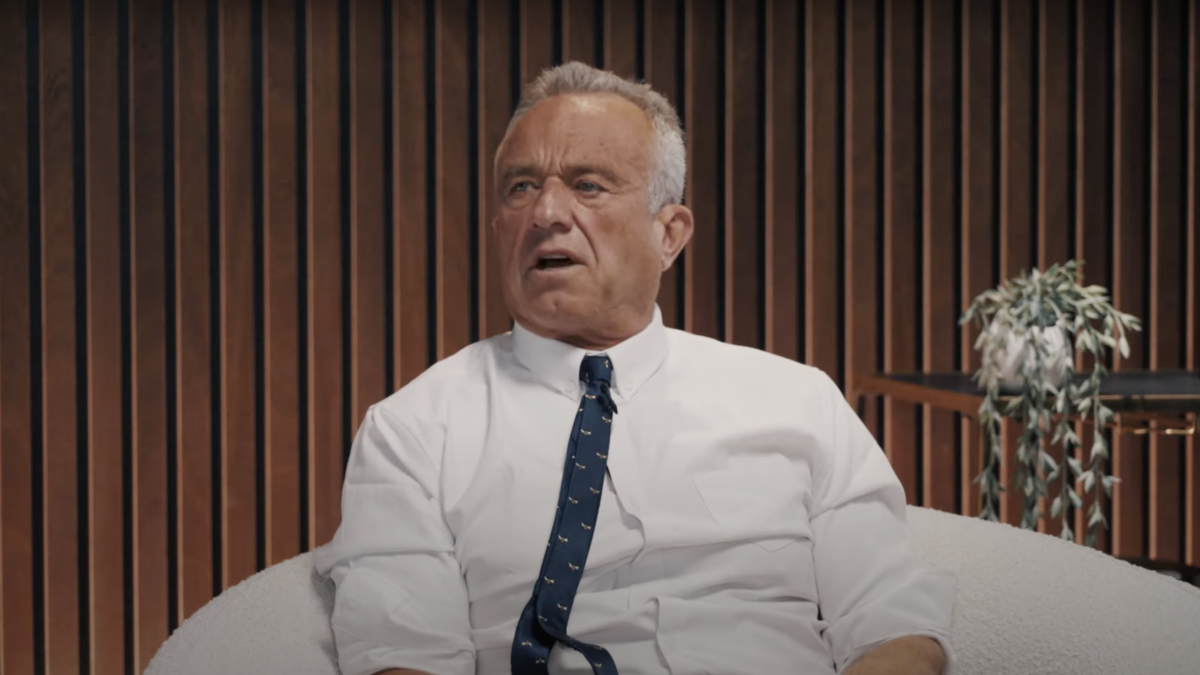It’s remarkable how often protecting “democracy” from the clutches of Donald Trump means engaging in anti-democratic activities.
“The Patriot: How General Mark Milley protected the Constitution from Donald Trump” is Jeffrey Goldberg’s 6,500-word ode in The Atlantic to the outgoing chairman of the Joint Chiefs of Staff. Although the article also suffers from cloying revisionism, its biggest flaw is failing to provide a single instance proving its proposition—quite the contrary.
Here is Goldberg:
A plain reading of the record shows that in the chaotic period before and after the 2020 election, Milley did as much as, or more than, any other American to defend the constitutional order, to prevent the military from being deployed against the American people, and to forestall the eruption of wars with America’s nuclear-armed adversaries.
Yet not even The Atlantic’s retelling of Milley’s heroic tale offers any evidence that Trump attempted to escalate tensions with any “nuclear-armed adversaries,” or anyone else, to provoke an “eruption of wars” or any conflict before or after the election chaos of 2020. Or even that Milley dissuaded him from trying.
Say what you want about Trump, but his alleged capitulation to a nuclear-armed adversary in Russia was one of the top reasons we were told he was unfit to be president. The entire Russian “collusion” deception, a favorite of The Atlantic magazine, was predicated on that belief.
While Trump didn’t launch any nukes, Milley, caught up in the hysterics of the election, did make two phone calls to our top geopolitical foes in China, promising to give them a heads-up should the United States attack — a clear subversion of civilian authority over the military.
Goldberg offers a number of weak justifications for Milley’s attack on the constitutional order. He tells us that at least 10 U.S. officials, some from the State Department and CIA, were listening in on the call, as if a larger number of bureaucrats undermining the chain of command somehow mitigates the offense.
He tells us Christopher Miller “had been informed of the January call,” intimating that the then-secretary of defense was OK with it, when in reality he said it was a “disgraceful and unprecedented act of insubordination” and called on Milley to resign.
Of course, if Milley was interested in de-escalating tensions, he could have informed the Chicoms that election results are often challenged in free nations, but such events have no bearing on military decisions. Instead, he reportedly told Gen. Li Zuocheng, “If we’re going to attack, I’m going to call you ahead of time.”
Zuocheng must have been relieved.
When asked about this incident during a House hearing in September 2021, Milley conceded that he was “certain” Trump “did not intend to attack the Chinese.” So, setting aside the validity of the calls, what part of the “constitutional order” had Milley protected? None.
Likewise, nowhere in the Atlantic article is there any instance of Trump, or anyone in the administration, asking a military leader to engage in illegality during the pre- or post-election chaos, much less participate in a coup. (Although Milley did, apparently, promise administration officials they “would see the world ‘from behind bars’ if they did anything illegal to prevent Joe Biden from taking the oath of office on January 20” — as if it’s a general’s job to adjudicate such things.)
In any event, Milley conceded recently that he never received an “illegal order” from former president Trump after the 2020 election. So, again, what part of the constitutional order did the general protect?
The conceit of the Atlantic article is that Milley’s actions are justified by the high probability that Trump would act as an authoritarian, as the ex-president allegedly posed a unique threat to the Constitution. Goldberg quotes Peter Baker and Susan Glasser, who write that Milley thought Trump was “complicit” in the Capitol attack and that the general feared Trump’s “ ‘Hitler-like’ embrace of the big lie about the election would prompt the president to seek out a ‘Reichstag moment.’ ”
Milley is free to believe as he likes, but not free to act as he likes. If leading generals are convinced that Biden is a doddering, pathological liar with authoritarian tendencies who not only recklessly undermines the Constitution but weaponizes the DOJ — as there’s some evidence to believe — should they feel free to circumvent civilian oversight of the military? Or does this kind of thing have to be sanctioned by panelists at the Aspen Ideas Festival?
Now, if like me, you read the Atlantic article as a legacy-saving hagiography of Milley, it makes much more sense. Because while Milley is a dynamo at preventing theoretical threats, he failed when asked to stop real ones.
As chairman of the Joint Chiefs of Staff, he was in charge during the deadly Afghanistan withdrawal that left 13 dead soldiers and hundreds of Americans stranded in Talibanistan. Milley called the event “a logistical success but a strategic failure.” No one was fired, and no one resigned.
Nor was anyone fired when what seemed very much like a performative airstrike killed 10 Afghans six days later. Not one of the dead, as it turned out, was an “ISIS facilitator,” as Milley had assured the American people. Nor was the strike “valid” or “righteous,” nor was it based on “very good intelligence” that “went through the same level of rigor that we’ve done for years.”
Rather, we reportedly killed a man who worked for a U.S. aid group and seven children. Why did we get it so wrong? Was there political pressure to respond quickly to the Kabul airport bombing? No real explanation was ever given.
After the withdrawal debacle, Joe Biden told the media that every military leader had concurred with his withdrawal plan — which was, predictably, another lie. This time Milley contradicted Biden, noting that he had warned the president they needed 2,500 troops left on the ground to cover the retreat. When Sen. Tom Cotton asked Milley why he didn’t resign if he believed the president had put the lives of soldiers in needless danger, the man who had allegedly stopped Trump from starting World War III said:
It would be an incredible act of political defiance for a commissioned officer to just resign because my advice is not taken. This country doesn’t want generals, figuring out what orders we’re going to accept and do or not. That’s not our job.
But, of course, that is exactly what Milley did when it served his political fortunes.
